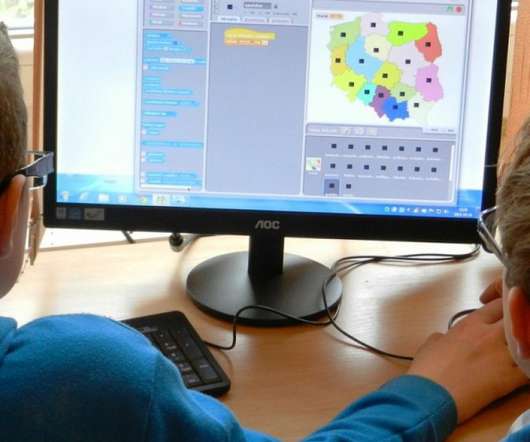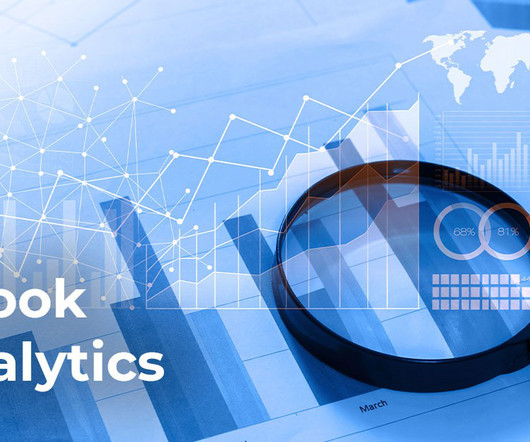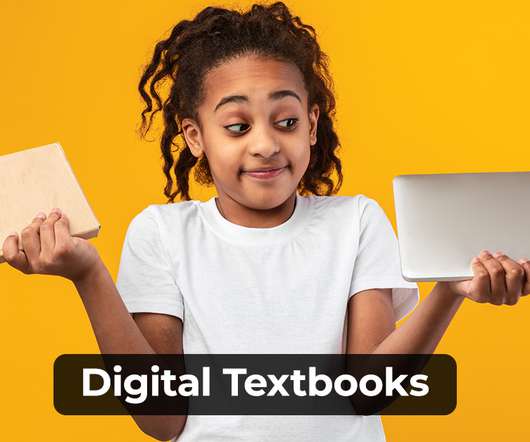Personalized Learning, Teachers Unleashed, and a Learning Analytics Partnership: The Story of Fresno Unified
Edsurge
SEPTEMBER 30, 2018
And that change has allowed Ryan’s learning and, more importantly, his mindset about learning, to thrive. His experience is not unique: over 17,000 students in Fresno were involved in the PLI last year, and the data clearly shows that most of those students made statistically significant gains.













































Let's personalize your content